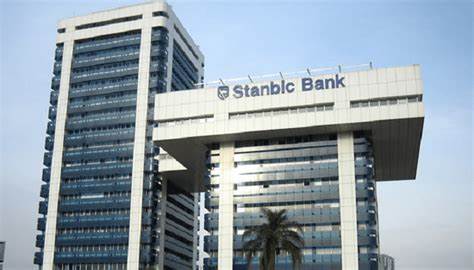NIGERIA: SLOWDOWN IN INFLATION FOR MANUFACTURING (STANBIC PMI)
Growth Picks Up, Inflation Eases
- The latest Stanbic IBTC Purchasing Managers’ Index (PMI) for Nigeria indicates a modest improvement in business conditions during May 2024.
- This comes after six months of consecutive growth in new orders and the strongest increase in business activity since January.
- Despite the positive trend, the growth rate remains below the historical average, likely due to persistently high prices that continue to limit demand.
Inflationary Pressures Ease
- There are encouraging signs of inflation leveling off, with both purchase costs and selling prices rising at their slowest pace in a year.
- This potentially signals a peak in inflation around May 2024.
- However, interest rates remain high, which could negatively impact non-oil sectors.
Manufacturing Leads Growth
- Growth was recorded across all monitored sectors, with the manufacturing sector experiencing the sharpest rise.
- Anecdotal evidence suggests improving customer demand alongside easing inflationary pressures.
Inventory Management and Backlogs
- Companies are expanding purchasing activity due to the rise in customer demand and positive future outlook.
- This has led to increased inventories; however, high material costs still make it challenging for some firms to acquire necessary supplies.
- Backlogs of work have increased for the third consecutive month.
Supplier Performance Improves
- Suppliers’ delivery times are shortening, potentially due to prompt payments and better arrangements between vendors in a competitive environment.
Business Confidence Declines
- Despite positive developments, business confidence has waned and is currently at its lowest level since February 2024.
- However, over 43% of respondents remain optimistic about the future, citing plans for investment and business expansion.
Overall
The Nigerian private sector shows signs of improvement in May, with growth picking up and inflation potentially peaking. However, high prices continue to limit demand, and interest rates pose a challenge to non-oil sectors. Despite declining business confidence, many companies remain optimistic about the future.
Source: Techeconomy
FINANCIAL SERVICES ON HIGH ALERT: CYBERSECURITY RISKS #1 CONCERN (ALLIANZ REPORT)

